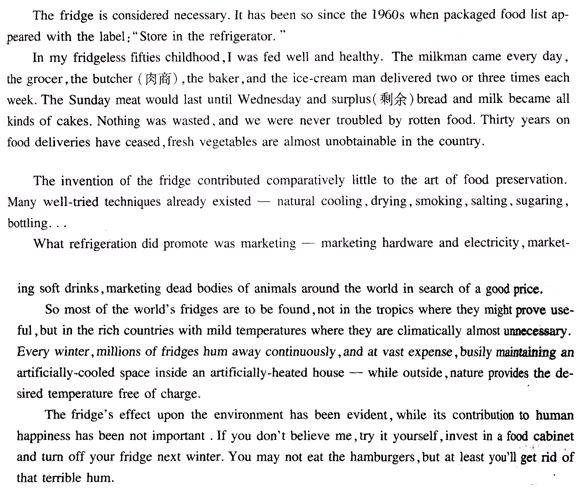根据短文的内容,回答下列题目
Life at Aichi University
I&39;m Yamamoto Mika, a 22-year old Japanese girl. I&39;d like to invite you to Aichi University so you can understand my life.
Our university has a close relationship with China and my department is the only one of its kind in Japan. My courses include the Chinese language, modem Chinese politics and economics. I love the Chinese culture and I have been to Tianjin as an exchange student.
In Japan, our courses are divided into compulsory, optional and specialized courses. However,we have a flexible schedule. We can choose classes from a wide range of options.
Many students finish the compulsory courses in three years so that they can have one year without any classes. They often use this period of time to study abroad, conduct research and travel.
Many students even suspend their study for additional study-abroad opportunities.
Japanese universities encourage students to choose their own ways of study, so it is quiet easy for us to apply for study suspension.
Japanese students participate in various kinds of extracurricular activities. They attend clubs from elementary schools, so many have already been accustomed to clubs when they enter university.
Our university now has 42 art clubs and 45 sports clubs. The annual University Festival is the grandest carnival of Japanese universities. In the festival, students promote their clubs and organize various activities. Our university&39;s festival attracted about 150,000 people last year. I really like this festival.
In school, I participate in the journalism club. When we have the club promotion, we cook "tonnjiru", a kind of pork soup, and sell it to other students at the fair.
We also go to different places to interview celebrities who attend our festival as guests. It is a wonderful experience to talk to those stars face to face.
Japanese students like to hold parties. We have two kinds of parties. One is the Mochiyori party. If you want to attend this party you have to cook a course and take it to the party. The organizer buys drinks and snacks.
Another kind of party is the Nomikai, which mainly involves alcohol. We drink something called chu-hai, which is a combination of soda and wine. We also drink Japanese sake and beer.
There are parties for many occasions, like welcoming new students, graduation, celebrating victories, birthday parties or just for promoting friendship.
Which statement is NOT true ofYamamoto Mika? 查看材料
A.She is a Japanese student
B.She has never been to China
C.She loves the Chinese culture
D.She wants you to understand her life
 题目内容
(请给出正确答案)
题目内容
(请给出正确答案)
 如果结果不匹配,请 联系老师 获取答案
如果结果不匹配,请 联系老师 获取答案


 更多“The statement “In my fridgeles…”相关的问题
更多“The statement “In my fridgeles…”相关的问题



















